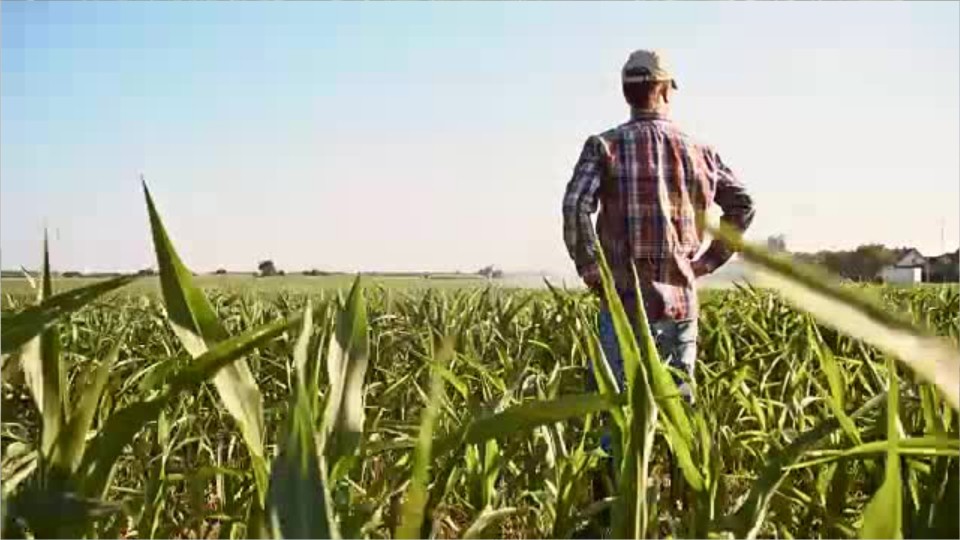Farmers, Ranchers, & Other Agricultural Managers
Aquaculture Director, Farm Manager, Greenhouse Manager, Ranch Manager
What they do:
Plan, direct, or coordinate the management or operation of farms, ranches, greenhouses, aquacultural operations, nurseries, timber tracts, or other agricultural establishments. May hire, train, and supervise farm workers or contract for services to carry out the day-to-day activities of the managed operation. May engage in or supervise planting, cultivating, harvesting, and financial and marketing activities.
On the job, you would:
- Collect and record growth, production, and environmental data.
- Manage nurseries that grow horticultural plants for sale to trade or retail customers, for display or exhibition, or for research.
- Direct and monitor trapping and spawning of fish, egg incubation, and fry rearing, applying knowledge of management and fish culturing techniques.
Knowledge
Business
- management
- human resources (HR)
Manufactured or Agricultural Goods
- manufacture and distribution of products
- food production
Math and Science
- biology
- arithmetic, algebra, geometry, calculus, or statistics
Arts and Humanities
- English language
Skills
Basic Skills
- talking to others
- thinking about the pros and cons of different ways to solve a problem
Problem Solving
- noticing a problem and figuring out the best way to solve it
People and Technology Systems
- thinking about the pros and cons of different options and picking the best one
- measuring how well a system is working and how to improve it
Abilities
Verbal
- communicate by speaking
- listen and understand what people say
Ideas and Logic
- notice when problems happen
- use rules to solve problems
Personality
People interested in this work like activities that include leading, making decisions, and business.
They do well at jobs that need:
- Dependability
- Integrity
- Attention to Detail
- Initiative
- Leadership
- Persistence
Technology
You might use software like this on the job:
Data base user interface and query software
- Ag Leader Technology SMS Advanced
- Microsoft Access
Presentation software
- Microsoft PowerPoint
Enterprise resource planning ERP software
- Midwest MicroSystems Cow Sense
- SAP software
Education
Education: (rated 4 of 5)
Job Outlook
Below Average
New job opportunities are less likely in the future.
Explore More
- Agricultural Engineers
- Agricultural Technicians
- Buyers & Purchasing Agents, Farm Products
- First-Line Supervisors of Farming, Fishing, & Forestry Workers
- Soil & Plant Scientists
You might like a career in one of these industries:
See more details at O*NET OnLine about farmers, ranchers, and other agricultural managers.





